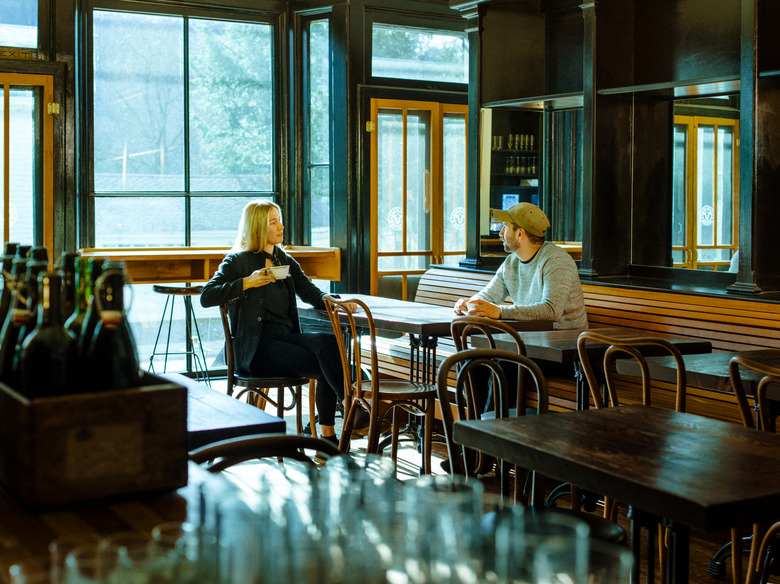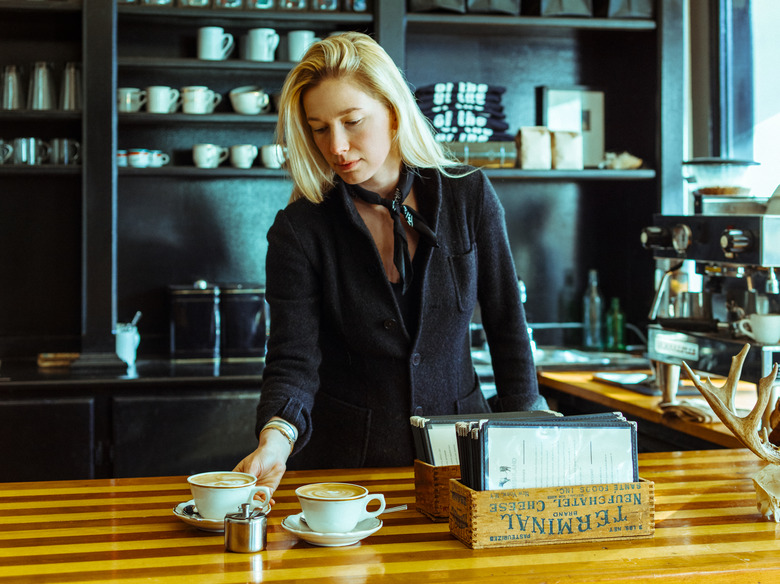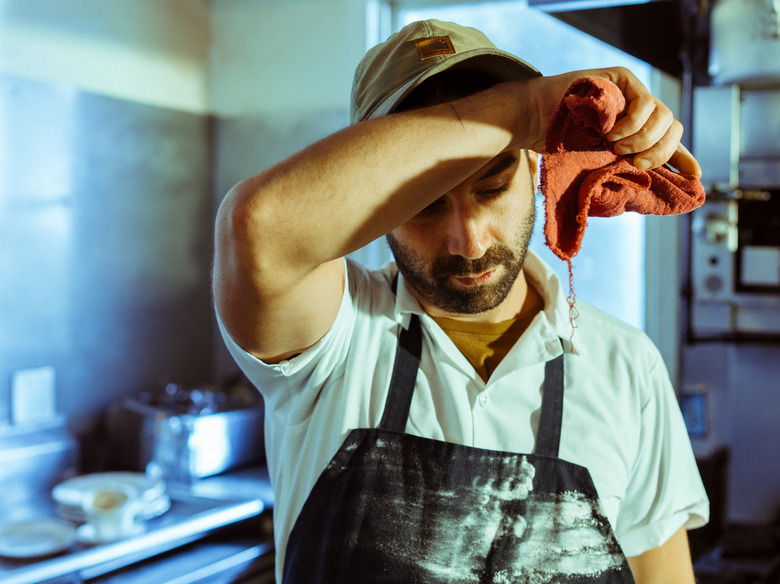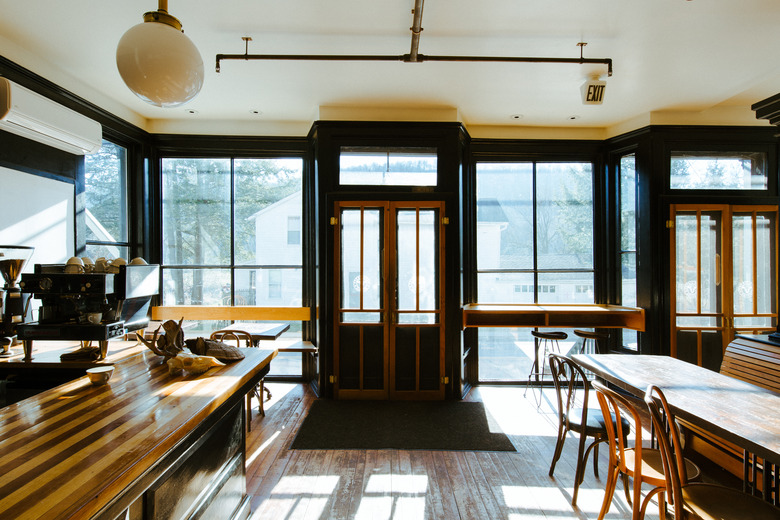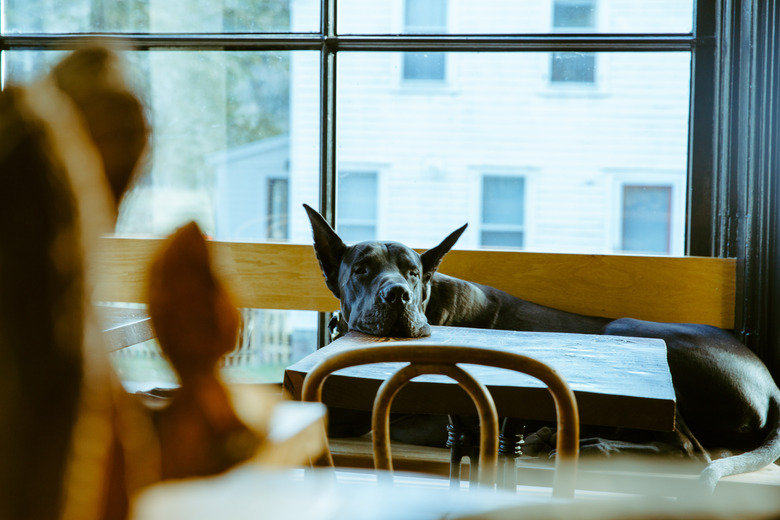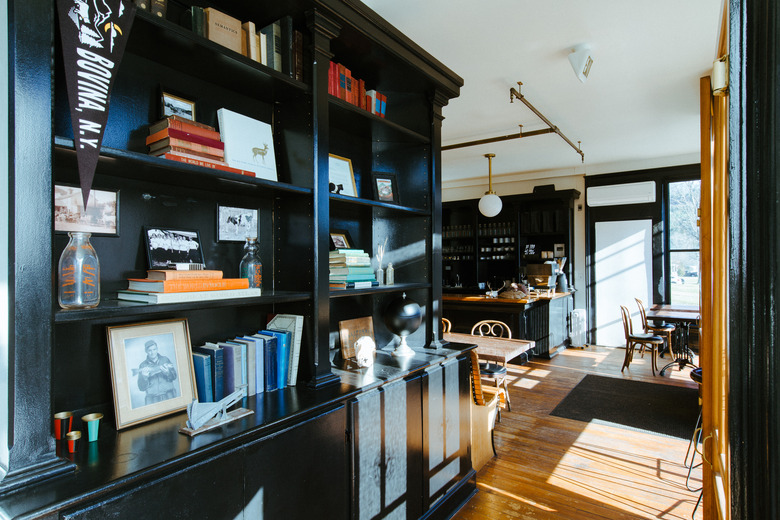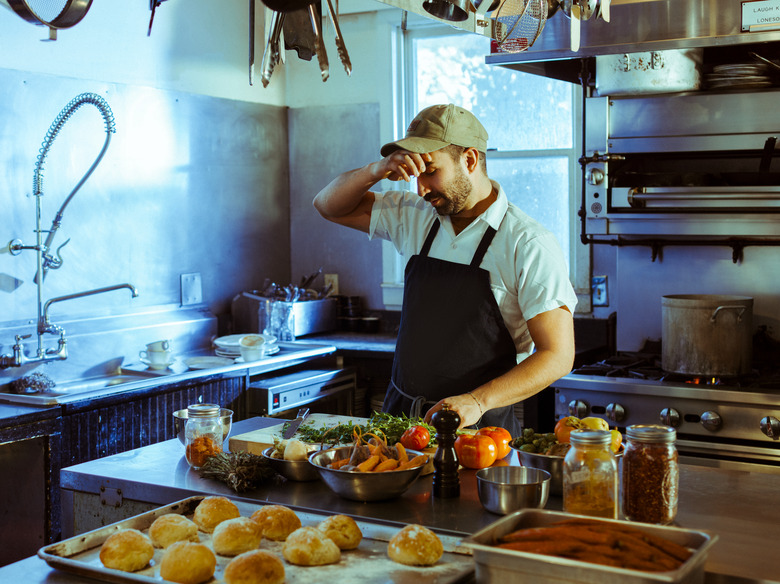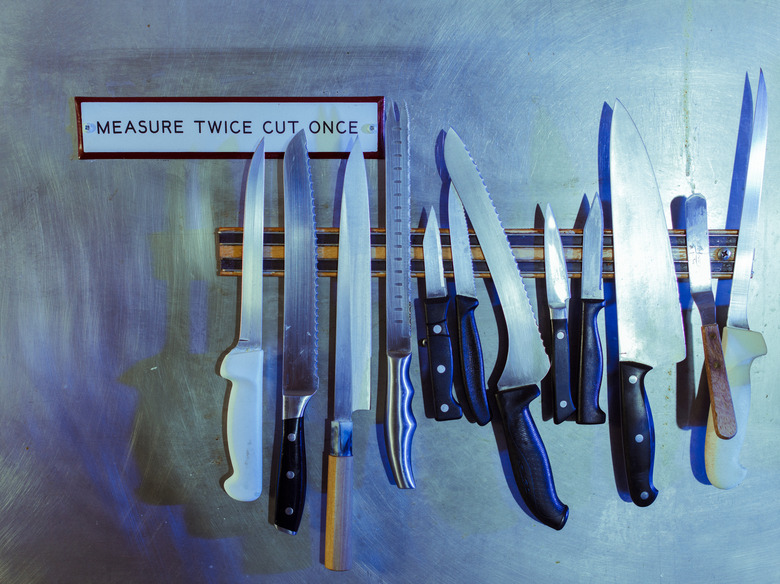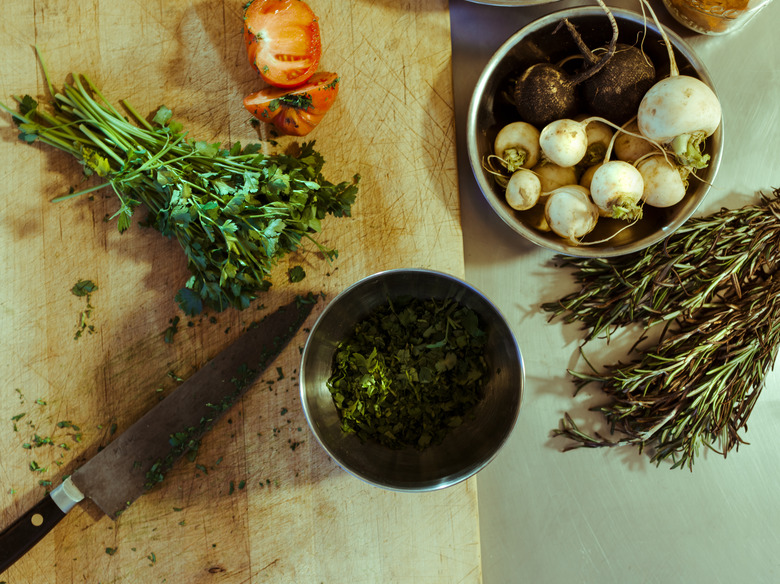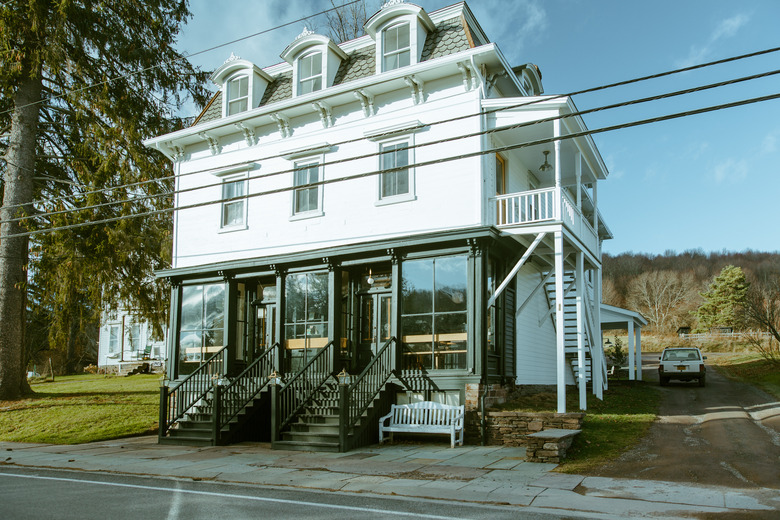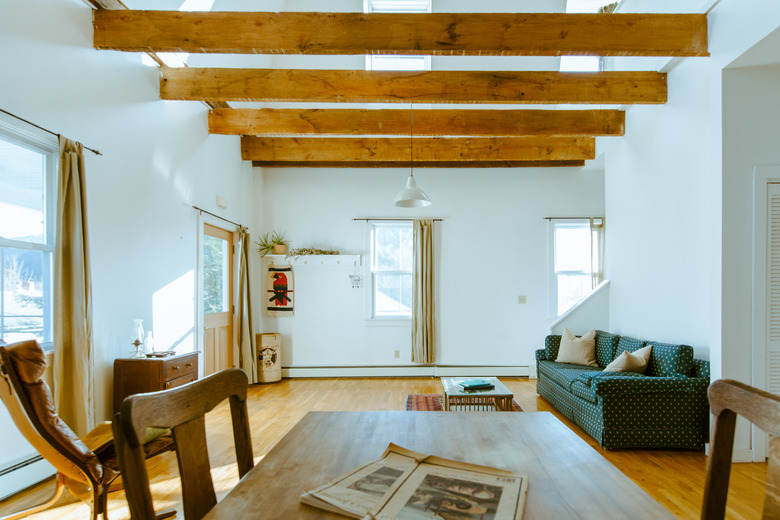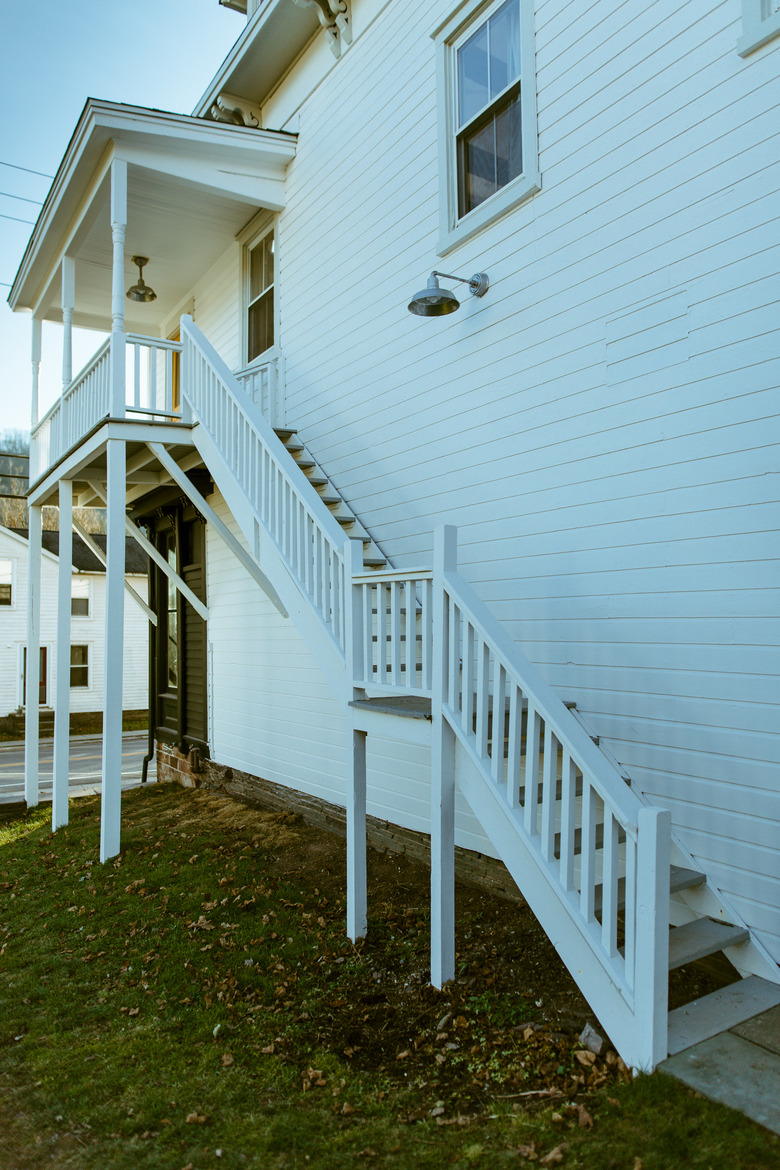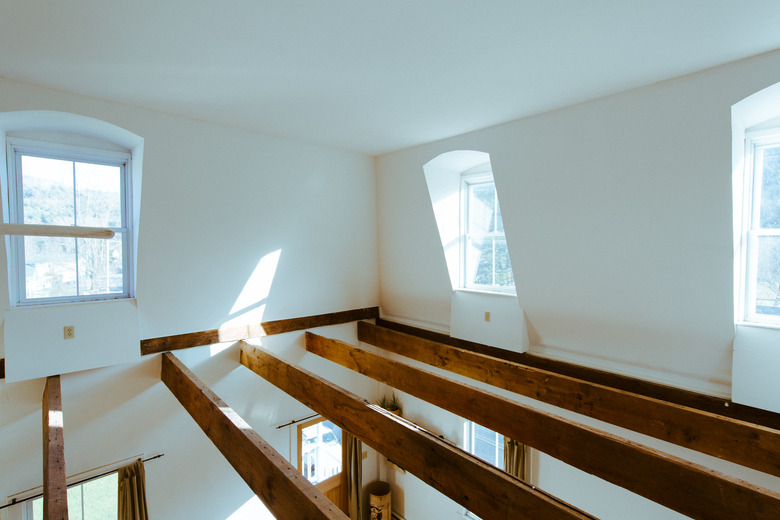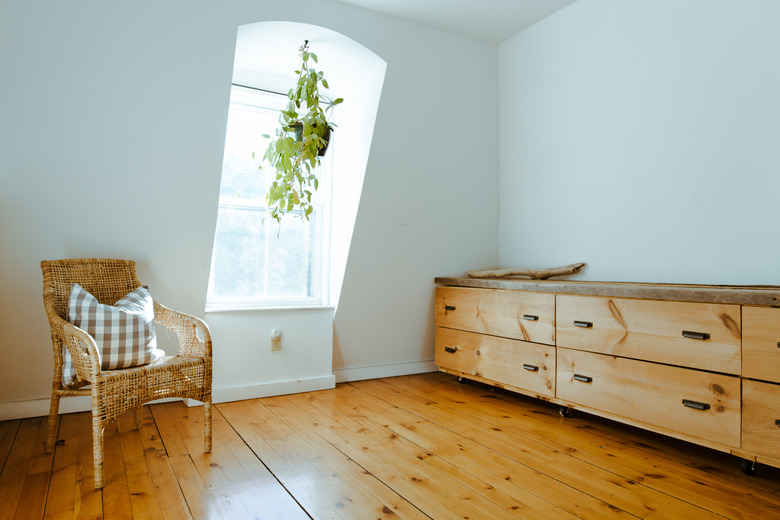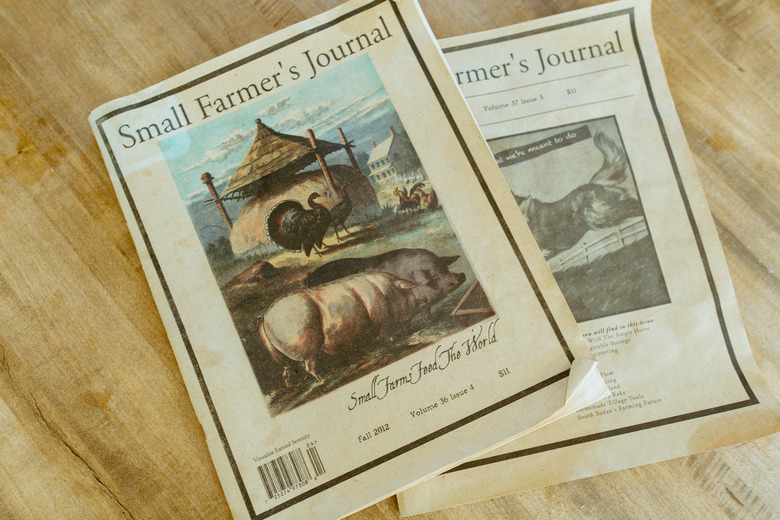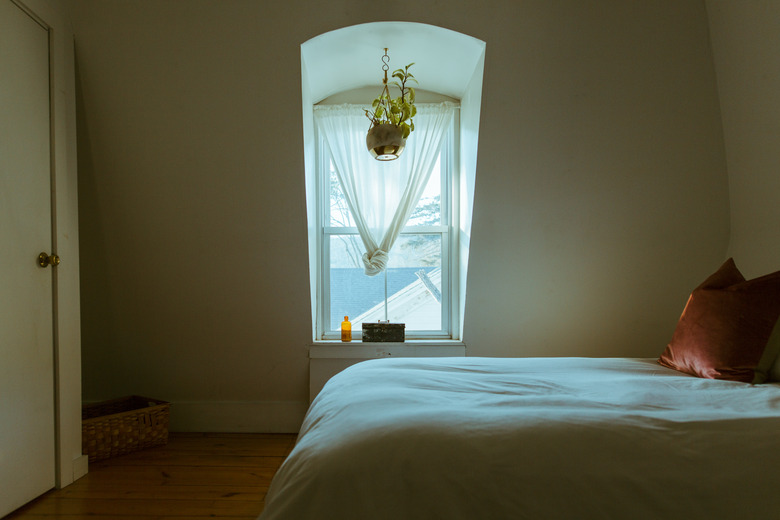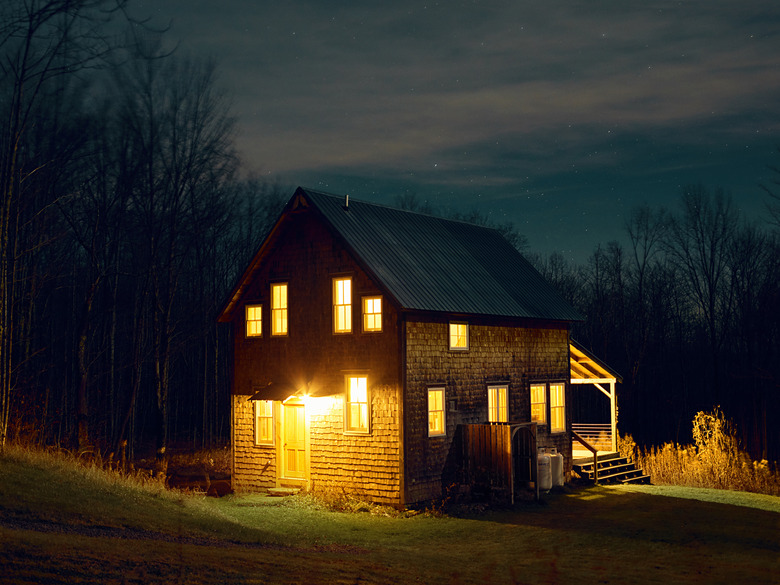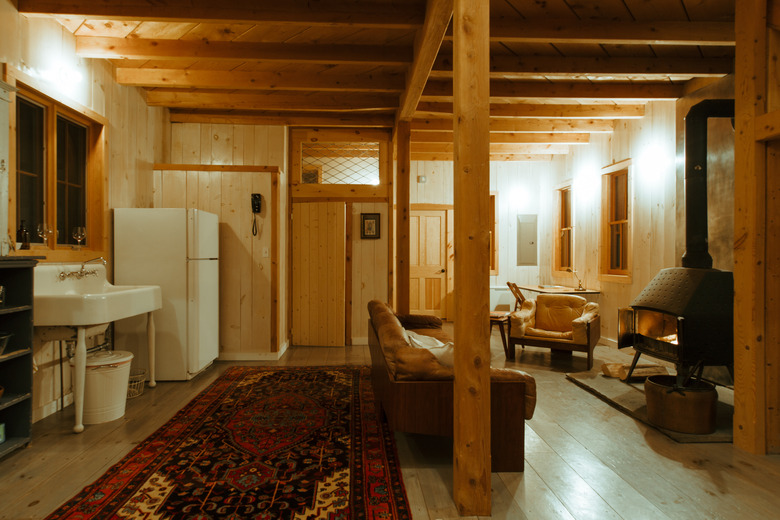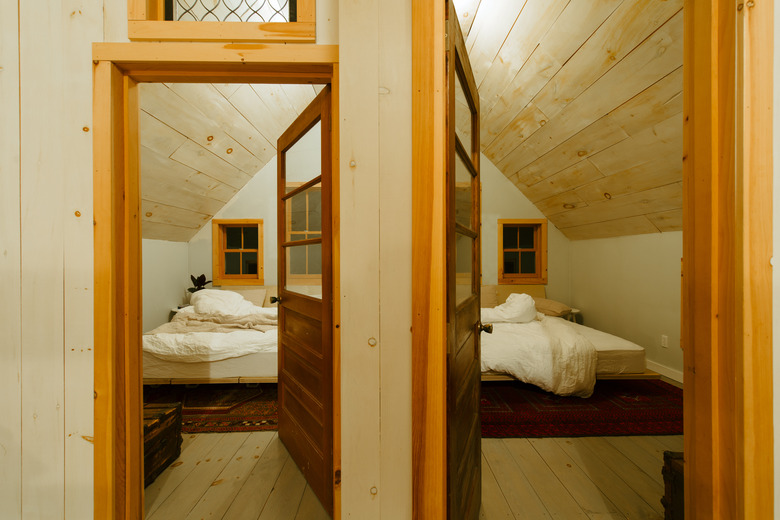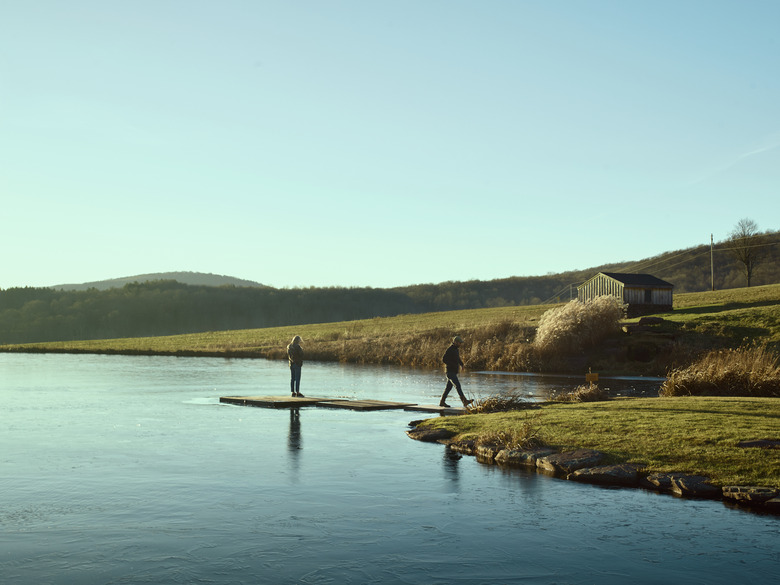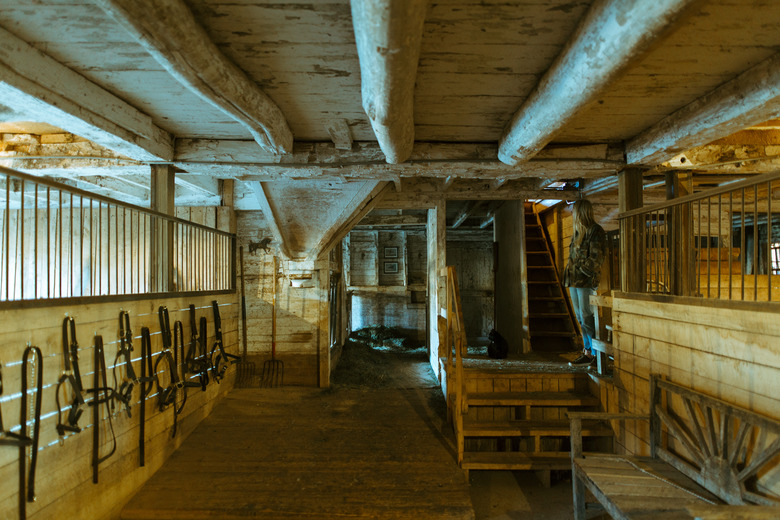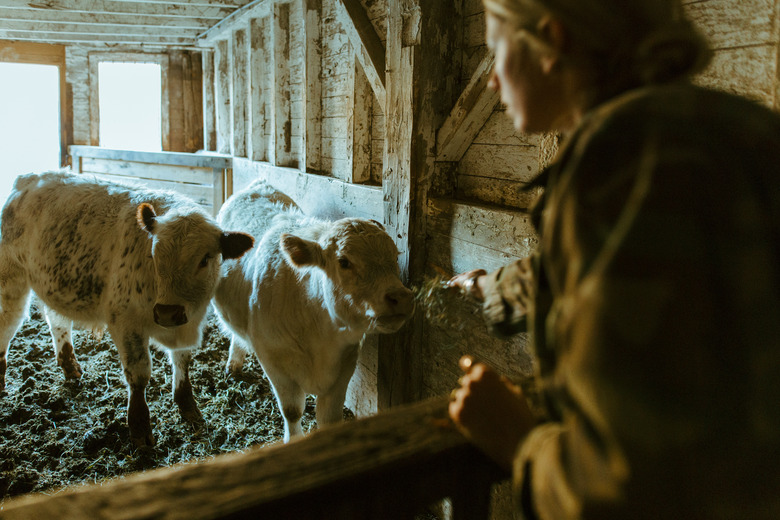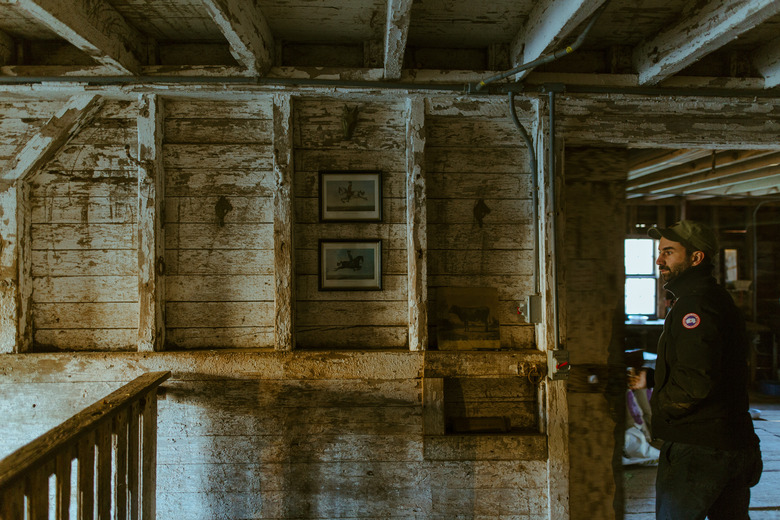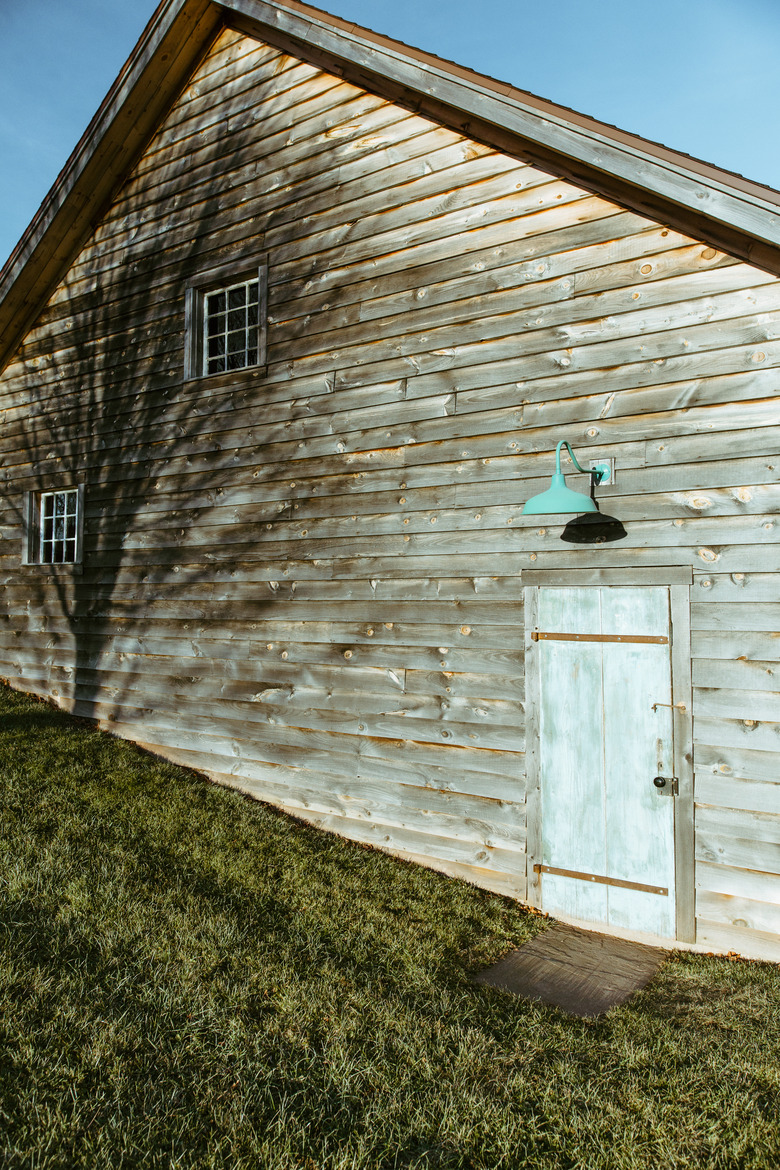Brushland Eating House: New Hospitality In The Catskills
When couple Sara Mae Elbert and Sohail Zandi fled Brooklyn in 2013 for Upstate New York to open Brushland Eating House, their restaurant and Airbnb business, they hardly thought of themselves as generational pioneers.
In fact, recalls Sara, "we were among a small group of business owners who would refer to themselves as 'wacky outliers,' doing this thing that didn't make much sense to anyone else."
In retrospect, Sara and Sohail's move could be heralded as a nascent exodus: people in their late twenties and early thirties who are swiftly departing metropolitan centers in search of lifestyles more handmade, more homespun, and less, well, urban.
Indeed, millennials are aging, settling down, and seeking living space in the suburbs or moving to smaller cities like Detroit or Richmond — driven, in large part, by high costs in the major urban hubs. A 2017 Abodo study found that on average, it would take millennials living in New York City 22 years to afford a home down payment in the metropolitan area (without, of course, help from The Bank of Mom and Dad).
Upstate New York, in particular, is an area that's absorbing a large wave of this cultural run-off from city life. "Is Everybody Here From Brooklyn?" demanded a recent article in Hudson Valley magazine. And i-D recently wrote about the growing cohort of young artists moving from New York City up to Hudson, where lower rents and a burgeoning shopping, restaurant, and gallery scene offers an attractive alternative.
For Sohail and Sara, both veterans of the restaurant industry, it was "a circuit of late nights, groggy mornings, expensive meals, and three too many cocktails with no real goal or end in sight" that became the impetus for moving to Bovina, a small town ( literally, small; population: 633 ) three hours outside of Manhattan, and creating Brushland.
"We wanted to break away from that cycle and focus on the important things that happen in a day, which for us, happens to be feeding the chickens, coffee in bed, walking across the street to work, and very dramatic sunsets." —Sara Mae Elbert
It's all a recipe for an experience that is best described as exceedingly authentic. The building that houses the restaurant was once a haberdashery, and at another point, it served as the town post office. Warm woods and sparse decor suit the space; so does the food, which is comfort-driven and sourced locally: rich schnitzel, hearty roasted vegetables, handmade pasta with "grandma" sauce, cast-iron chicken. The two adjacent Airbnb offerings feature a mix of antiques, midcentury accents, and Parachute bedding that creates a cool yet understated sense of country calm.
"What we try to recreate at Brushland is a sense of belonging, which we do by creating thoughtful, familiar food: Food that people want to eat on a daily basis, food that they want to pass around the table to their family and friends, food inspired by the comfort of a home kitchen." —Sara Mae Elbert
When they aren't working, the couple's free time plays out at a distinctly human pace. Friends come up to visit frequently, or Sara and Sohail don't mind taking the day to drive back to New York for a leisurely martini lunch. They've also formed bonds within the Bovina community and will frequently make neighborly visits their friend who owns a nearby farm. The pond is perfect for swimming in the summer, and the farm's giant Percheron horses welcome visits year-round — "waiting," says Sara, "for a nose scratch."
Perhaps counterintuitively, the eminently sane cadence of the couple's new life in Bovina has also proved a recipe for success: In the summer, the 30-seat restaurant turns over as many as four times in an evening. It's not hard to see why others might be inspired to follow in their footsteps.
"At some point, you have to say, What am I doing here? and forge a path that feels like your own, not everyone else's. That was Brushland for us." —Sara Mae Elbert
Photography: Rickett & Sones and Paul Anderson
Words: Leonora Epstein
